28th Ji.hlava International Documentary Film Festival
Who can you meet at the 22nd Ji.hlava IDFF?
We can’t just watch a documentary film without being given the option to ask questions. That’s why, every year, thousands of film-makers and experts from various fields come to Ji.hlava – to explore with you both the known and the unknown aspects of their films.
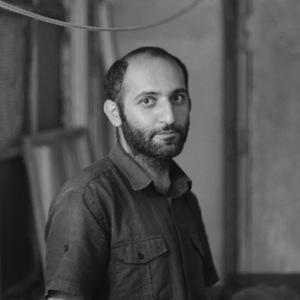 Hilal Baydarov
Hilal Baydarov
‘A single day in a person’s life reveals a lot about their entire life. The ways in which we feel during our individual days are the ways we feel for our whole lives. Nothing changes. Everything repeats, over and over again. Just like my mother on her birthday,’ says the Azerbaijani director Hilal Baydarov in relation to his film Birthday. Baydarov will come personally to present this film, which is about his mother, in a world premiere, competing in the Between the Seas section.
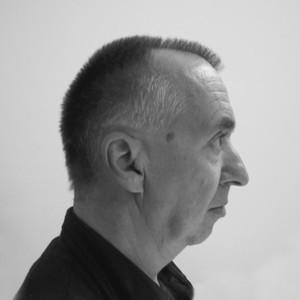 Gustav Deutsch
Gustav Deutsch
‘Gustav Deutsch’s new film employs the technique of media archaeology in the form of correspondence: Home movies that seem almost like postcards tell various stories from the 20th century. They also present the medium of film as a tool used in everyday life to build and maintain connections thanks to which families deeply affected by migration can stay together,’ says Alejandro Bachmann, curator at the Viennese film museum #CinemaRistrovato, about how we live – messages to the family. Gustav Deutsch will present this film at the 22nd Ji.hlava IDFF where he will also run a masterclass.
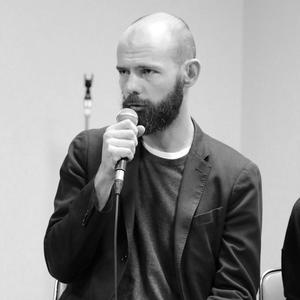 Jacky Goldberg
Jacky Goldberg
‘When some viewers tell me that, in certain scenes, they can tell that they were scripted and I ask them which scenes they have in mind, they mention the scenes that had no scripting and vice versa – the scenes they think are natural were actually scripted,’ says the French director Jacky Goldberg about meetings with people who’ve seen his films. His film Flesh Memory, which is about a woman who works as an online camgirl while trying to regain custody of her son, will have its international premiere in the Opus Bonum section.
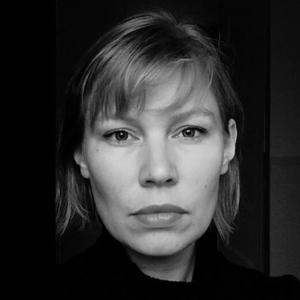 Liinu Grönlund
Liinu Grönlund
In its second iteration, the section called A Testimony of Nature will feature documentary films that use unique film-making techniques to talk about humanity as both a part of nature and its greatest enemy. One of the films featured in this section is To the Unknown by Liina Grönlund, who only recently graduated in documentary film-making. ‘In my film, I follow several researchers as they work in the inhospitable conditions of the Madagascar rainforest, which contains some of the most scientifically-fascinating flora and fauna in the world. These scientists often spend their entire lives searching for the yet-unknown,’ says the film-maker who will personally introduce her film.
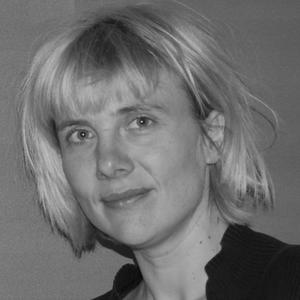 Elke Groen
Elke Groen
The Austrian director Elke Groen will come to Ji.hlava to present her third film, Bojo Beach. An almost ascetically static camera documents the daily lives of fishermen on the coast of Ghana who each day pull out the day’s catch onto the shore. ‘To sit on a beach always means to take in the atmosphere, to breathe in the air, to ponder and observe the things around you and just let them happen. All of that in a globalised world,’ says Elke Groen, who won the award for best experimental film in 2008. Bojo Beach will have its international premiere in the Between the Seas section.
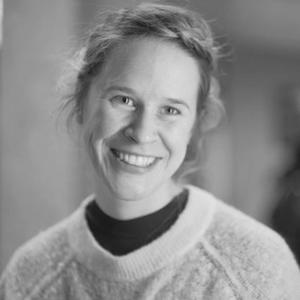 Maria Von Hausswolff & Anne Gry Friis Kristensen
Maria Von Hausswolff & Anne Gry Friis Kristensen
This Scandinavian directorial duo will present their first collaborative work at Ji.hlava called Entrance to the End, in which they set off on a dark psycho-ethnographical expedition deep into the jungle of human consciousness. In the Panama jungle, they shot on 16mm film and recorded sound onto audio tapes. ‘In our film poem, we come across all sorts of living and dead creatures and spectres who reside in the dark and terrifying jungle. As humans, we didn’t end up controlling the world because we were the most able or the most intelligent…, but because we were the most insane and foulest things around,’ the directors say.
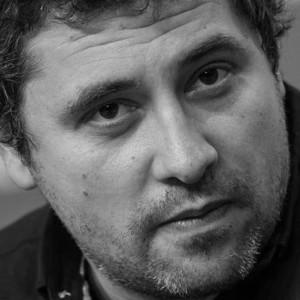 Radu Jude
Radu Jude
‘I think that film doesn’t necessarily need to be held together by narrative, in the dramaturgical sense of the word, where one character reacts to the other. It can be a fusion of various styles and means of expression that would not be possible in a different art form. You can combine a photograph, some sort of sound, a bit of a melody with archival footage and actors. What you get is an object with a message that cannot be expressed through any other means of artistic expression.,’ says the Romanian director and winner of the Crystal Globe at the Karlovy Vary film festival, Radu Jude. At the 22nd Ji.hlava IDFF, he will offer a masterclass about working with archival material and present two films – The Marshal’s Two Executions (Short Joy) and The Dead Nation (Special Event).
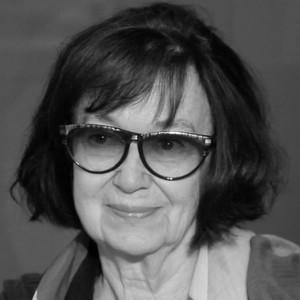 Charlotta Kotíková
Charlotta Kotíková
Tomáš Garrigue Masaryk’s great-granddaughter who lives in the Czech Republic and the United States will be coming to Ji.hlava as a juror for the Czech Joy section, in which Jakub Červenka’s Talks with TGM will be competing. ‘Truth is a very illusive thing and can easily turn into a tool of dictatorship. Truth is platonic. How can we ever be sure that our or someone else’s truth is the absolute one? Such values are very dangerous and can easily be taken advantage of, especially in totalitarian regimes,’ says Kotíková, who is an independent curator.
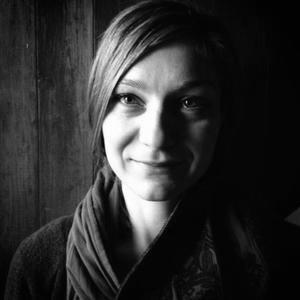 Marina Kožul
Marina Kožul
The Croatian producer of experimental and animated films will be attending Ji.hlava IDFF for the second time. After her presentation at Conference Fascinations, she will be this year’s juror for the experimental film competition Fascinations. Marina founded an audio-visual research organisation called 25 FPS which supports original projects in the avant-garde and experimental film traditions. ‘Will animation as a “new medium” of software experimentation replace “real” film and subsequently affect the representation of what I call “reality”?’ asks Kožul.
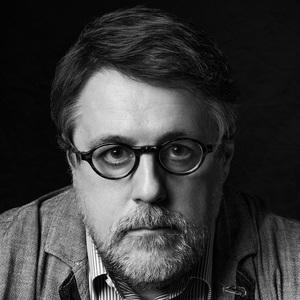 Vitaly Mansky
Vitaly Mansky
‘Even Jesus Christ would change if he were the head of the Russian state – and who knows what kind of a dictatorship he would build… Certainly, there will be someone after Putin, but it’ll just be another Putin. I’ve only gotten older and emigrated to Latvia,’ says the Ukranian director Vitaly Mansky who made Putin’s Witnesses (Special Event). In the film, Mansky returns to his footage from 1999 and 2000, when Vladimir Putin replaced Boris Yeltsin.
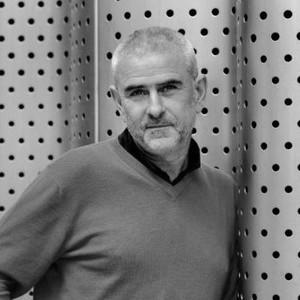 Sean McAllister
Sean McAllister
‘40-year-old Steve is like me when I was twenty. He works at a factory and his life has hit a dead end, remains stagnant, even though he has a dream – to teach schoolchildren hip-hop. I started wondering what would have happened had I never left that factory. Suddenly, the film wasn’t about the conditions of working-class life, but about how we can work with people to develop their own culture even as their lives are ruined, devastated and full of difficulties,’ says the British director Sean McAllister about his latest film A Northern Soul (Special Event). His previous film, A Syrian Love Story, was nominated for several prestigious awards, including the BAFTA and the European Film Award. Sean McAllister will be a guest at the Ex Oriente workshop organized by the Institute of Documentary Film.
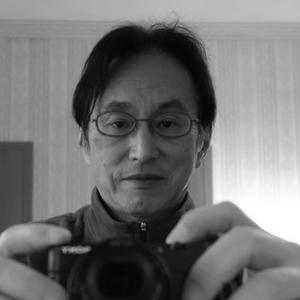 Yoshiki Nishimura
Yoshiki Nishimura
Yoshiki Nishimura is a professor at Kyoto University, film producer, computer graphic designer and also an experimental film-maker. His latest film On the Border brings us images of objects washed up on the ocean shore as a memento of our ecological irresponsibility. ‘Using various types of media opens up huge possibilities to expand our ideas of our reality,’ says Nishimura.
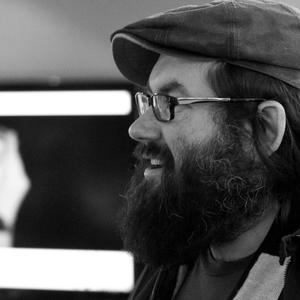 Jacques Perconte
Jacques Perconte
‘Images cannot show what nature is – at best, if the film-maker is very observant, images can document nature. I’ve always wanted to keep the ideas of disorder and fleetingness in my work. However, any simulation will always remain just a model, regardless of its power or force. I want people to become aware of the oscillation between natural images and images of nature,’ says the French film-maker Jacques Perconte in explaining his personal views. He will be bringing his two new films, Albâtre and Or/Or, Harwick, may 18, to Ji.hlava.
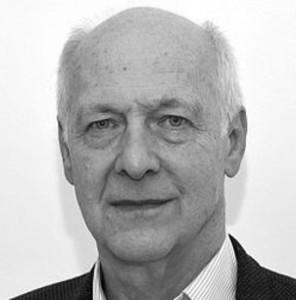 Jacques Rupnik
Jacques Rupnik
‘And if we’re talking about the media, their continued function is based, first and foremost, on people’s trust in them as an institution. That’s the role of the media. The credibility of information, especially right before elections, has to do with the trust people put in independent sources,’ writes the famous political scientist Jacques Rupnik in his book The Too-Tired Democracy. Rupnik, who, among other things, worked in the early 90s as an advisor to Václav Havel, will come to the 22nd Ji.hlava IDFF to introduce the newly-rediscovered first episode of the BBC’s The Other Europe and talk to attendees about a Central Europe between two worlds as part of the Inspiration Forum. ‘I’d also like to show attendees a selection of material that didn’t make it into the television episode to give them an idea of how footage is selected in the making of a television documentary,’ says Rupnik.
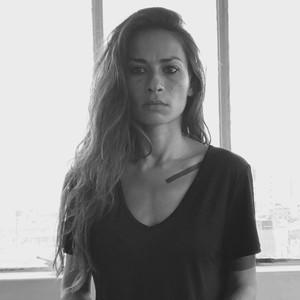 Maya Shurbaji
Maya Shurbaji
This year’s Ji.hlava will offer attendees a selection of Lebanese documentary films. One such film, At Last, a Tragedy, will be introduced by its director, Maya Shurbaji. ‘I cannot resist, pity or come to terms with a tragedy I can’t see. I look for it in between my sharp and blurry memories, in Damascus and Beirut, in the shadows of my friends’ stories, between the prison and the prisoner. I find it in my body,’ says Shurbaji, who would like to invite attendees to come to the Lebanese section and who will be one of the jurors for the First Lights section.
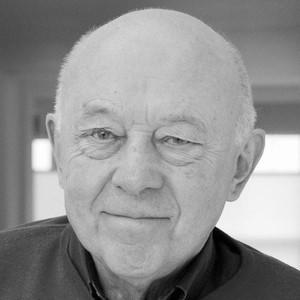 John Tusa
John Tusa
‘It was a mistake when the BBC cancelled its Polish, Hungarian and Czech broadcasts some years ago. At the time, there was the belief that these were free countries with independent media and they no longer needed the BBC. That was a short-sighted decision. Look where that got us,’ said the former head of the BBC World Service and one of the main guests of the Inspiration Forum, John Tusa. He was born in Bohemia as Jan Tůša and moved to the United Kingdom in 1939, where he spent most of his life working for the BBC.
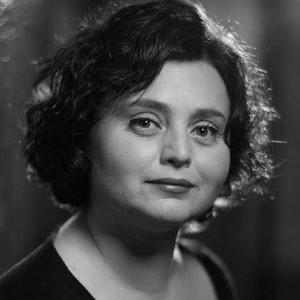 Vlatka Vorkapić
Vlatka Vorkapić
Another guest from the Balkans will be the Croatian director and playwright Vlatka Vorkapić, who will bring her film Our Daily Water – a light-hearted story about people who deliver drinking water on boats to remote Croatian islands that have no direct access to it. ‘Through this Mediterranean comedy about a captain and his crew, I wanted to tell a story about the invisible people, who are honestly working to prevent our country from falling apart,’ says the director who makes hit narrative and documentary films and television.
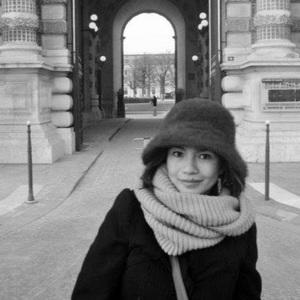 Achinette Villamor
Achinette Villamor
The Filipino producer from Kamias Overground, Achinette Vilamor, will be one of the jurors for Central- and Eastern-European documentaries. ‘Cinematography should be about an experience, first and foremost, story should come second. If the opposite were true, all we’d need to do was just to read out scripts,’ says Villamor, a long-term colleague of the prominent Filipino director Khavn De La Cruz.
To see the full list of industry guests at the 22nd Ji.hlava IDFF, please visit our Industry Guide.
Find the list of Ji.hlava's Inspiration Forum guests HERE.
















